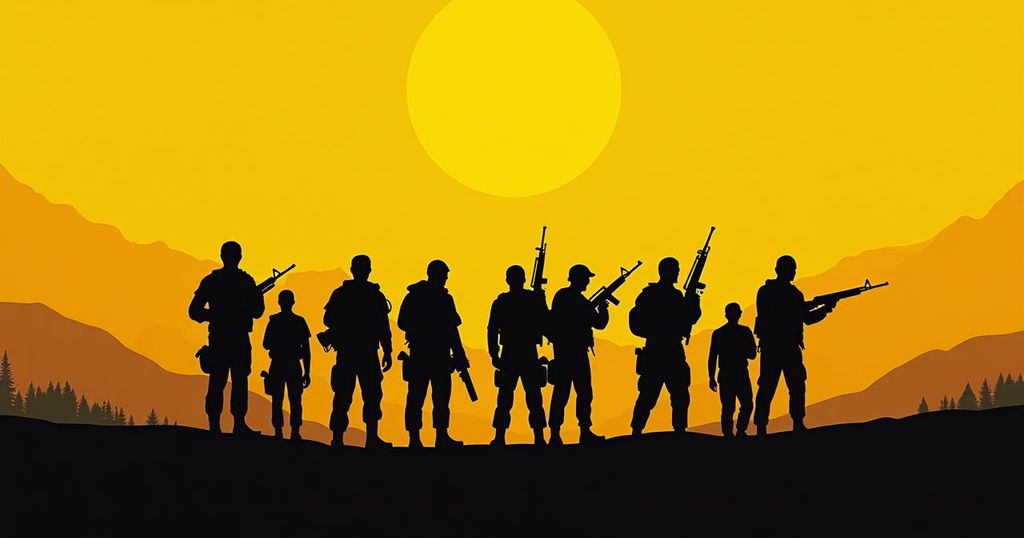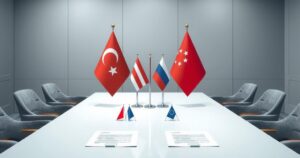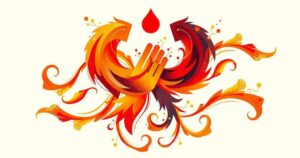Understanding Hezbollah: The Shiite Group at the Center of Middle Eastern Conflict

Hezbollah is a prominent Shiite militant group founded in Lebanon during the country’s civil war. Recently, a series of exchanges of attacks with Israel has escalated, leading to numerous fatalities and injuries in Lebanon, with fears of wider conflict drawing global attention. The group, supported by Iran, plays a crucial role in the region, extending its influence through military and social services.
Hezbollah, a Shiite militant organization established in Lebanon during the turbulence of the 1980s civil war, is increasingly in the spotlight due to the intensifying conflict with Israel. This Iran-backed militia was initially formed to combat the Israeli presence in southern Lebanon, a campaign that culminated in Israel’s withdrawal in 2000. In recent developments, Hezbollah and Israeli forces have engaged in sustained exchanges of fire for nearly a year; however, recent escalations indicate a significant rise in hostilities. Israel launched substantial airstrikes targeting over 1,000 sites in southern and eastern Lebanon, resulting in the death of 558 individuals, with injuries reported at approximately 1,800. This marked one of the deadliest days for Lebanon since the conclusion of the civil war in 1990. Despite facing heavy bombardment, Hezbollah has remained resolute, retaliating with various projectiles, including missiles and drones, directed at Israel. Reports indicate that these attacks have largely been intercepted, with no fatalities or severe injuries recorded in Israel. The escalating conflict has drawn global concern, particularly among world leaders gathered at the United Nations General Assembly, who fear the involvement of larger entities such as Iran—Hezbollah’s significant supporter—in this increasingly volatile situation.
Hezbollah, meaning “Party of God” in Arabic, emerged in the backdrop of Lebanon’s civil unrest, particularly in the context of resistance against Israeli occupation. The group not only functions as a military power but has also established itself as a significant political entity within Lebanon, gaining influence and operational reach in additional regions such as Syria and Iraq. Its development over the decades has been supported by Iran, positioning Hezbollah as a critical player in regional geopolitics.
In summary, the ongoing conflict between Hezbollah and Israel represents a significant escalation in hostilities that threatens to destabilize the region further. As violence persists, the role of international powers, particularly Iran’s influence over Hezbollah, remains a pivotal concern for global leaders.
Original Source: www.nytimes.com






